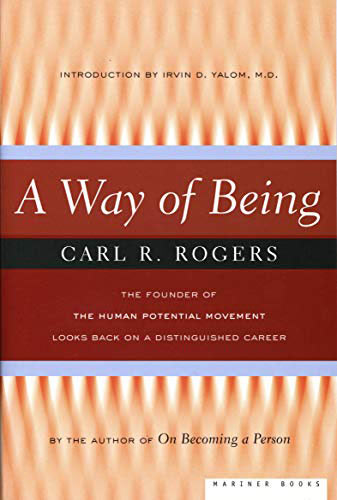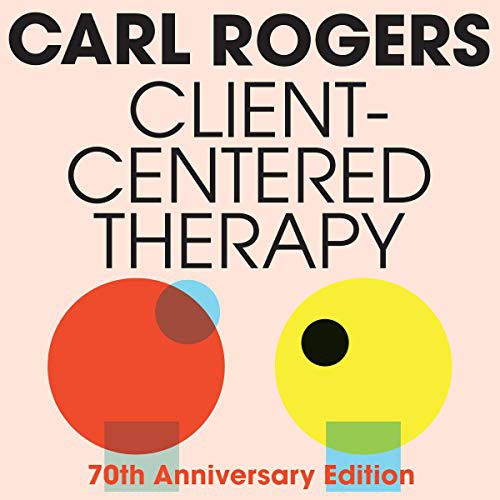Carl Rogers was a psychologist who founded the humanistic approach of psychotherapy and one of the founders of what is currently known as person-centered therapy. He was an influential figure in 20th-century psychology, and he is best remembered for his contributions to the development of client-centered therapy, also known as rational emotive behavior therapy, including how therapists need not be exclusively concerned with telling clients “what” is right or wrong but instead should emphasize meaning and purpose in their lives through active listening and unconditional positive regard in order to help them find intrinsic self-worth and personal growth..
Who is Carl Rogers?
By the start of his life, Carl Rogers clearly defined himself as someone deeply interested in human nature and all people’s intellectual level, especially those considered to be intellectual equals. He was also very interested in the world’s human potential, which he saw as very inferior compared to his own. This is why, in a broader sense, he was considered to be a great philosopher, teacher, counselor, and even psychologist. But his greatest claim to fame is, perhaps, for being one of the first American psychologists to be published by a major publishing house outside of New England – The Atlantic Monthly – although his work remains largely unnoticed by the majority of psychologists in the United States.
What Are The Main Points of His Perspective?
With this perspective, Rogers strove to create a nurturing environment where clients would have a sense of trust and safety so they could expres many deep feelings and inner conflicts. In order to accomplish this, a therapist is expected not only to show empathy but also be non-judgmental, honest, perceptive and stable in their relations with the client. Above all else Rogers emphasized two main points: One can do something about his/her future by taking emotional responsibility for it now, and emotional experience can greatly influence life itself as well as

As far as his influence is concerned, it can safely be said that no contemporary psychologist of greater stature has ever come close to equalling Rogers’ contributions to the field of psychology. Carl Rogers would go on to be nominated for the Nobel Prize in Psychology. Exactly how influential he was is open to debate. Some even suggest that Rogers is the most influential American psychologist ever. There is a possibility that, given the number of books and articles written about him and his philosophy, this could be underestimated.

Carl Rogers developed a theory of psychotherapy called “client-centered therapy”, the core idea being that he is an empathic listener with unconditional positive regard for the client. Carl Rogers was a psychologist and psychotherapist who used psychotherapy to try and help others create mental stability. He believed that the goal of therapy should be to develop an authentic or “real” relationship between therapist and client, establishing what are called therapeutic conditions. These are the ‘conditions’ in which clients change while getting support from their therapists, who can provide an empathic understanding of their difficulties while also encouraging them on an emotional level. Rogers also felt bad about Freud’s idea of unconscious forces leading our thoughts and behaviors.

Selected works by Carl Rogers
Rogers, Carl, and Carmichael, Leonard (1939). The Clinical Treatment of the Problem Child. Boston; New York: Houghton Mifflin Company. 1
Rogers, Carl. (1942). Counseling and Psychotherapy: Newer Concepts in Practice. Boston; New York: Houghton Mifflin Company. 2
Rogers, Carl. (1951). Client-Centered Therapy: Its Current Practice, Implications and Theory. London: Constable. 3
Rogers, C.R. (1957). The necessary and sufficient conditions of therapeutic personality change. Journal of Consulting and Clinical Psychology
Rogers, Carl. (1959). A Theory of Therapy, Personality and Interpersonal Relationships as Developed in the Client-centered Framework
Last Updated on December 2, 2021 by Lucas Berg
